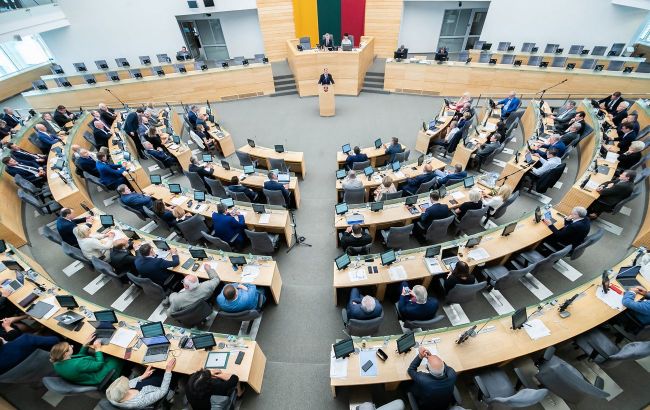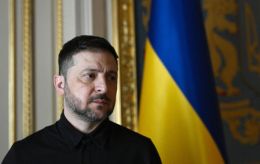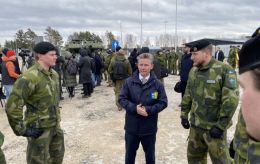Lithuanian Seimas proposes to revoke residence permits of Russians and Belarusians
 Archive photo: Lithuania wants to revoke residence permits of Russians and Belarusians (flickr com Lietuvos Respublikos Seimas)
Archive photo: Lithuania wants to revoke residence permits of Russians and Belarusians (flickr com Lietuvos Respublikos Seimas)
Lithuania proposes to revoke the residence permits of Russian and Belarusian citizens if they frequently travel to their home countries, according to the Seimas of Lithuania.
The parliamentarians propose to amend the law on imposing restrictive measures in connection with military aggression against Ukraine.
It is assumed that Belarusians and Russians may lose their residence permits in Lithuania if they travel to their homeland more than once a month.
The document emphasizes that over the past few years, 62,000 citizens of Belarus have received residence permits. At the same time, the majority of them regularly visit Belarus.
The deputies say that these people have their families, friends, and relatives in Belarus, and they return during major holidays. However, they can be recruited there and asked to perform certain intelligence functions.
Other reasons for revoking the residence permits
The lawmakers propose to revoke the residence permits of Belarusians and Russians if they travel back to their homeland more than once a month during the past year.
In addition, the deputies propose to introduce liability for citizens of the Russian Federation and Belarus in the form of revocation of residence permits for public approval of the crime of Russian aggression.
It is also proposed to revoke residence permits for disseminating false information that is contrary to the interests of society.
Lithuania's attitude to Russia and Belarus amid the war in Ukraine
Recently, Lithuanian customs officers detained the first passenger car with Russian license plates. It may now be transferred to Ukraine.
Additionally, Lithuania has tightened control over grain shipments arriving from Russia, the occupied territories of Ukraine, and other high-risk countries. New decisions on even stricter control will be made soon.
Furthermore, in February, the Lithuanian government proposed to terminate trade and economic cooperation agreements signed with Russia and Belarus two decades ago.

